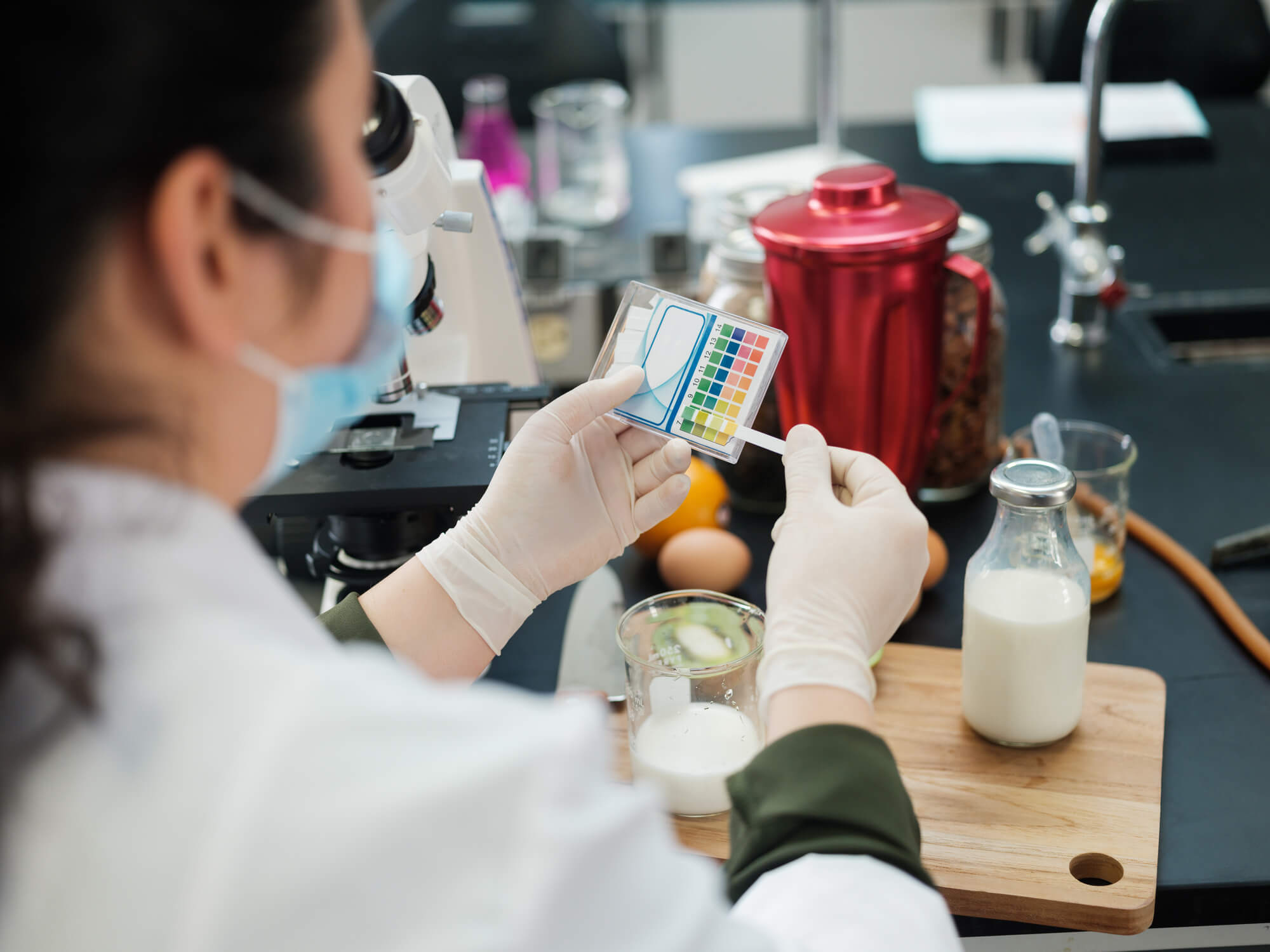Risk-benefit assessment of foods: methods for quantifying health effects
Overall Course Objectives
After the course, the participants will be able to critically select and apply the data and methods needed to compare and quantify adverse and beneficial human health effects of food and to critically evaluate the results of a risk-benefit assessment of foods
Learning Objectives
- Identify the main steps of a risk-benefit assessment
- Apply the relevant terminology in risk-benefit assessment
- Select and apply methods to evaluate and calculate the adverse and beneficial impact of foods on health based on knowledge from the underlying disciplines
- Compare the methodologies of risk assessment in microbiology, toxicology, and nutrition, and identify main differences and commonalities
- Explain the differences between the bottom-up (risk assessment) approach and the top-down approach
- Discuss how results from risk assessment in microbiology and toxicology, and results from risk and benefit assessment in nutrition can be integrated into one assessment
- Apply DALY calculations
- Identify the uncertainties in a risk-benefit assessment
- Evaluate the (quantitative) output of a risk-benefit assessment
- Evaluate the application, communication and management of risk-benefit assessment in foods
Course Content
The course provides an introduction to risk-benefit assessment of foods, with an emphasis on methods to quantify the human health impact of food intake. It takes a multidisciplinary approach, introducing methods from epidemiology, toxicological and microbiological risk assessment and nutrition.
The participants will be guided through the methodology and the different challenges associated to risk-benefit assessment of foods and the quantification of the human health impact of food intake. This will be done by individual and group work on a case study, combined with lectures and self-studying. The case study will be implemented in an Excel workbook and the Disability Adjusted Life Year (DALY) will be used as a common health metric to express disease burden. With this ”hands-on” process, the course participant will gain an understanding of the different steps of a risk-benefit assessment. Teachers with different backgrounds will contribute to the course, emphasizing the multidisciplinary approach.
In agreement with the teachers, there may be an opportunity for PhD students to develop a special follow-up course where they perform a risk-benefit assessment in conjunction with their own research project.
Recommended prerequisites
The course is well suited for Ph.d. students from DTU as well as other (international) universities. It is anticipated that course participants have a background in at least one of the underlying disciplines (nutrition, food safety, epidemiology), but there are no specific prerequisites. When in doubt, please contact the course responsible.
Teaching Method
Intensive course, every day two modules, in principle 9 – 12 and 13 – 17h. In addition, an online pre-course day will be held Friday 27th of October from 9-15h30. Online lectures and literature will be available to the participants before the start of the course. Students are expected to spend some additional time on preparation and pre-reading.
Faculty
Remarks
(International) post docs and professionals with a background in at least one of the underlying disciplines are also welcome to join.
There is a fee of 750 DKK for PhD students from EU/EEA countries, for other participants the fee is 6750 DKK.
Limited number of seats
Minimum: 12, Maximum: 25.
Please be aware that this course has a minimum requirement for the number of participants needed, in order for it to be held. If these requirements are not met, then the course will not be held. Furthermore, there is a limited number of seats available. If there are too many applicants, a pool will be created for the remainder of the qualified applicants, and they will be selected at random. You will be informed 8 days before the start of the course, whether you have been allocated a spot.




